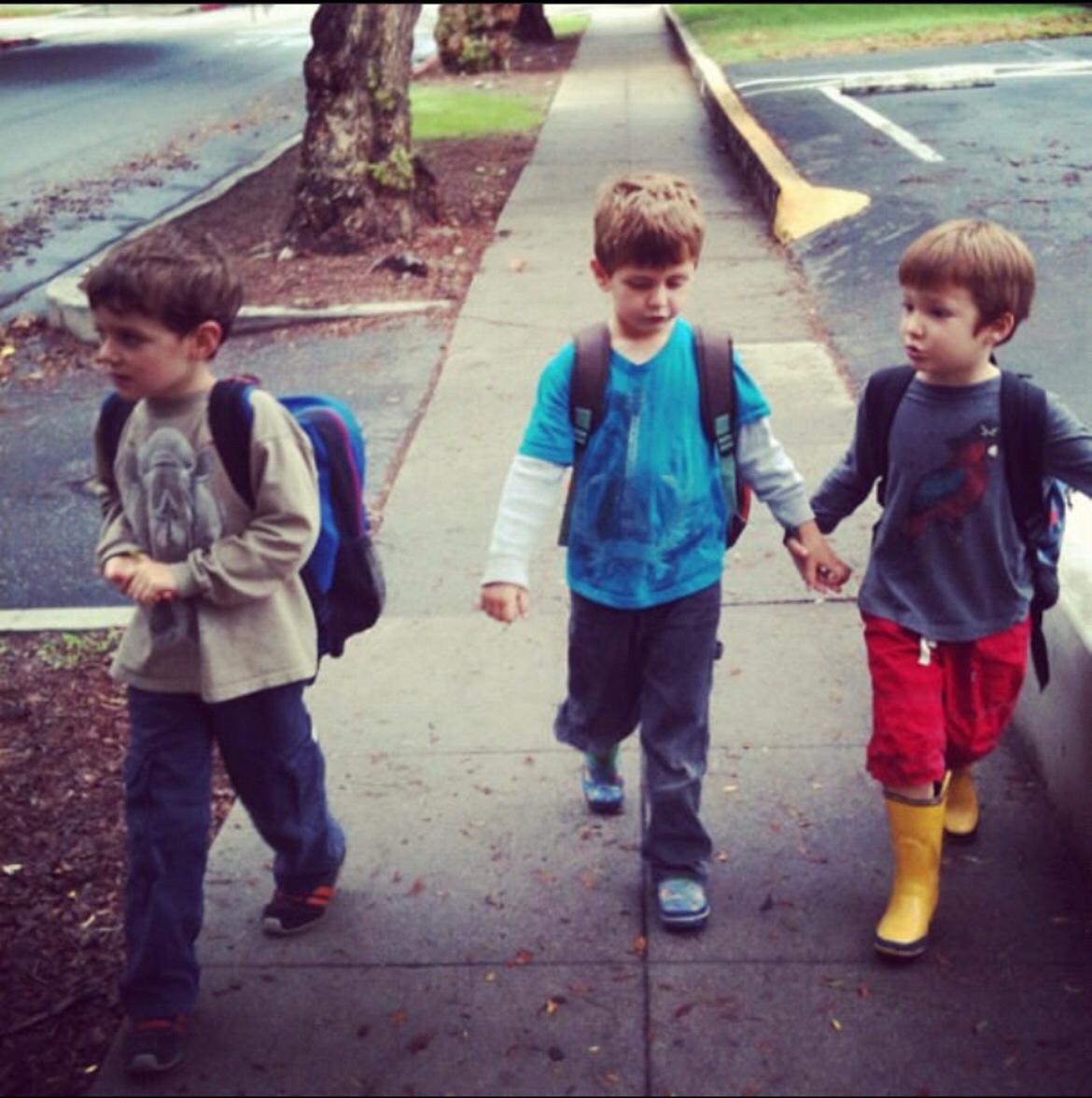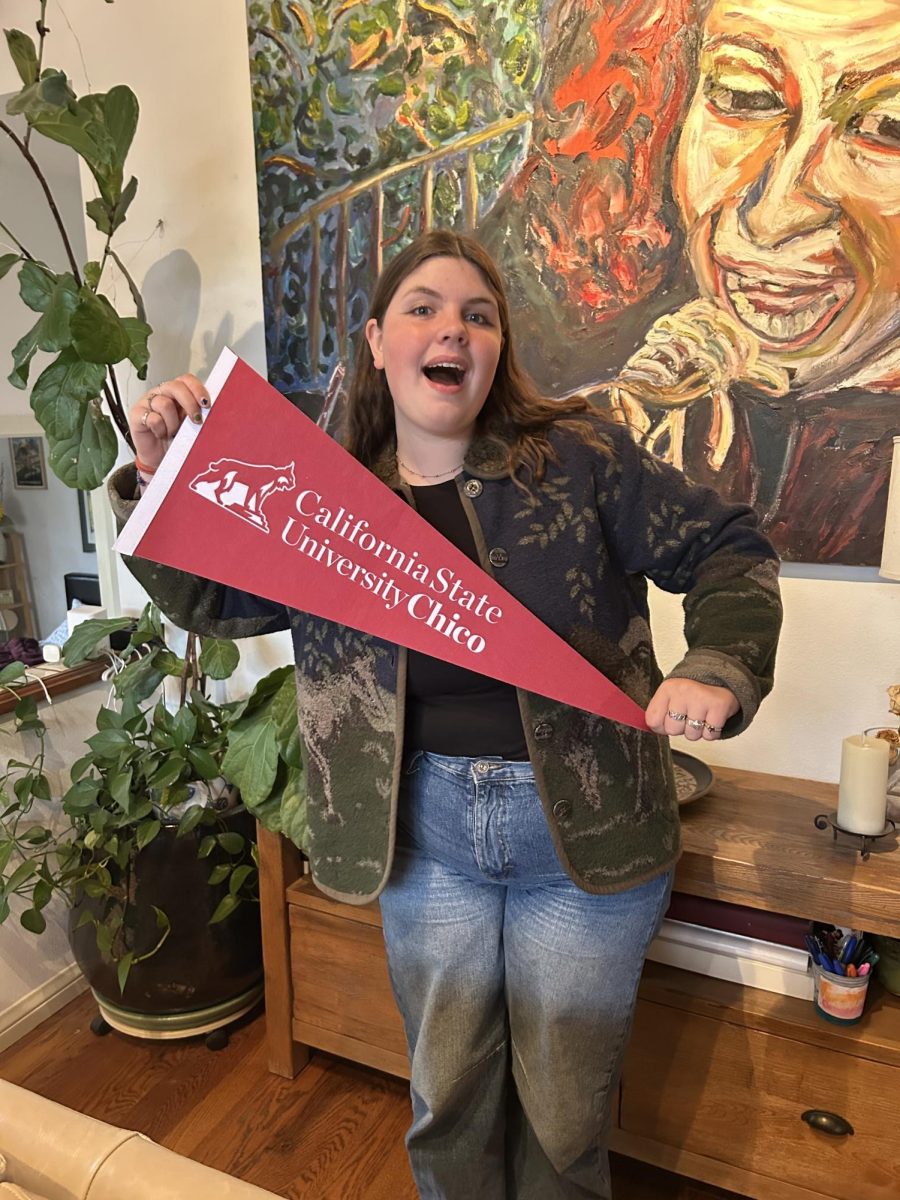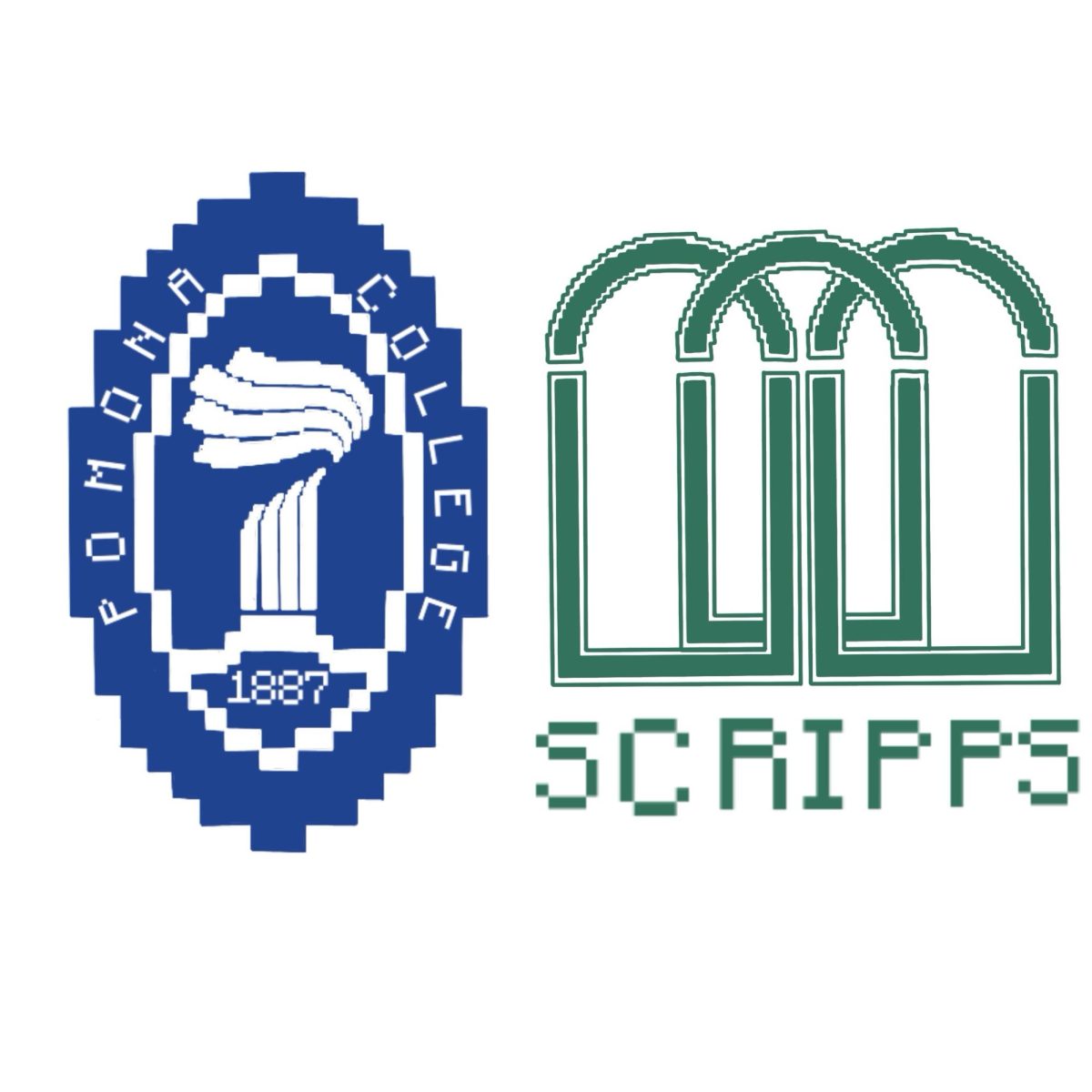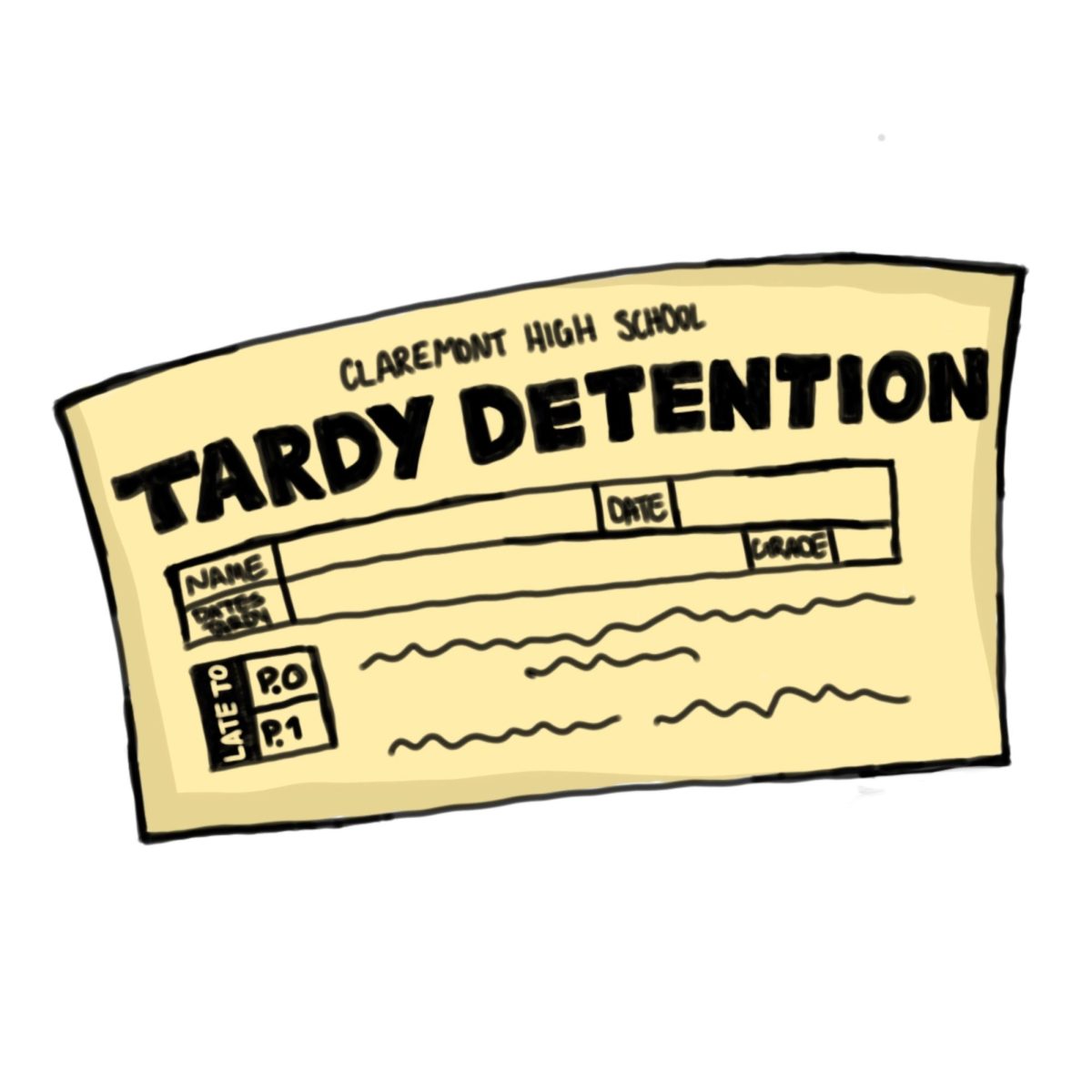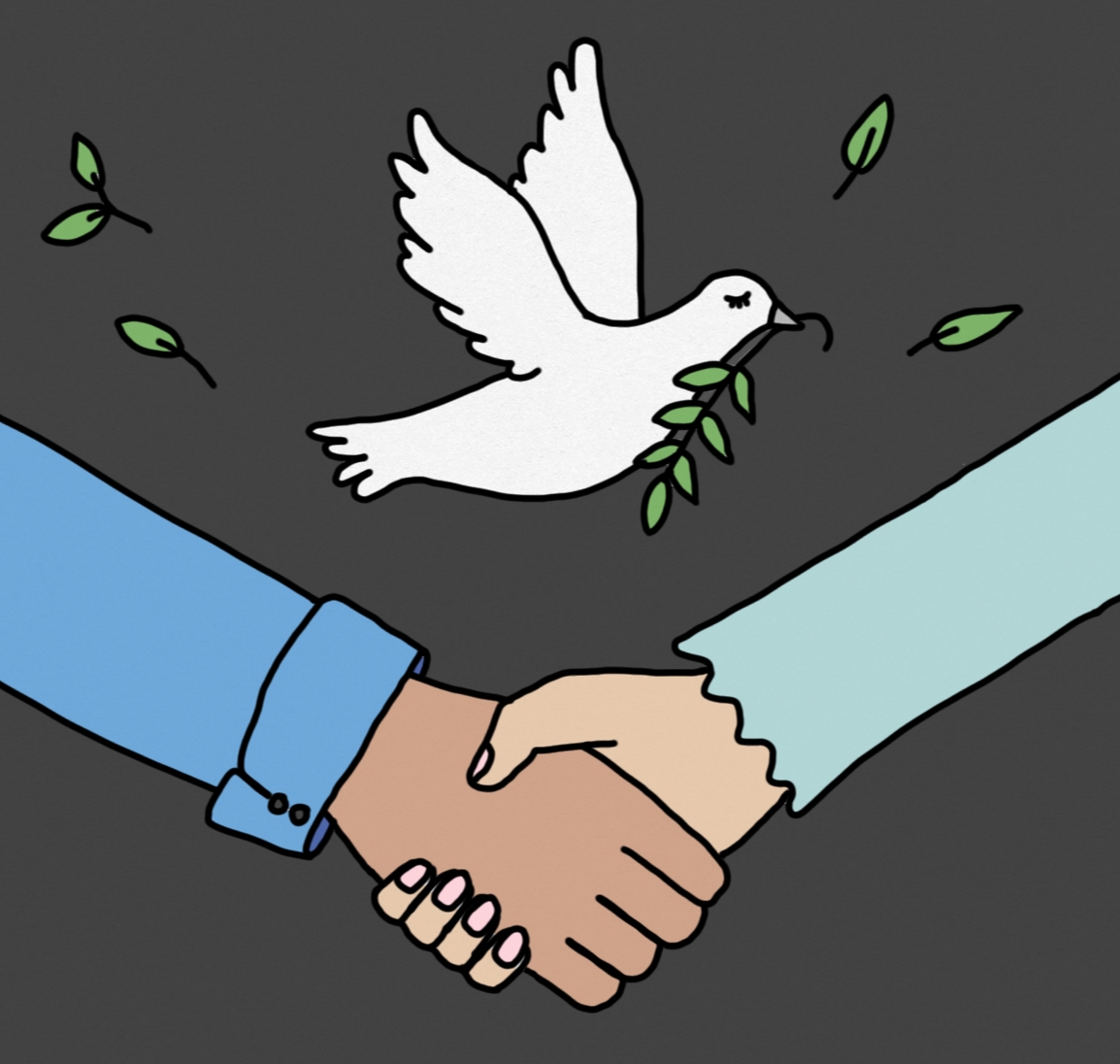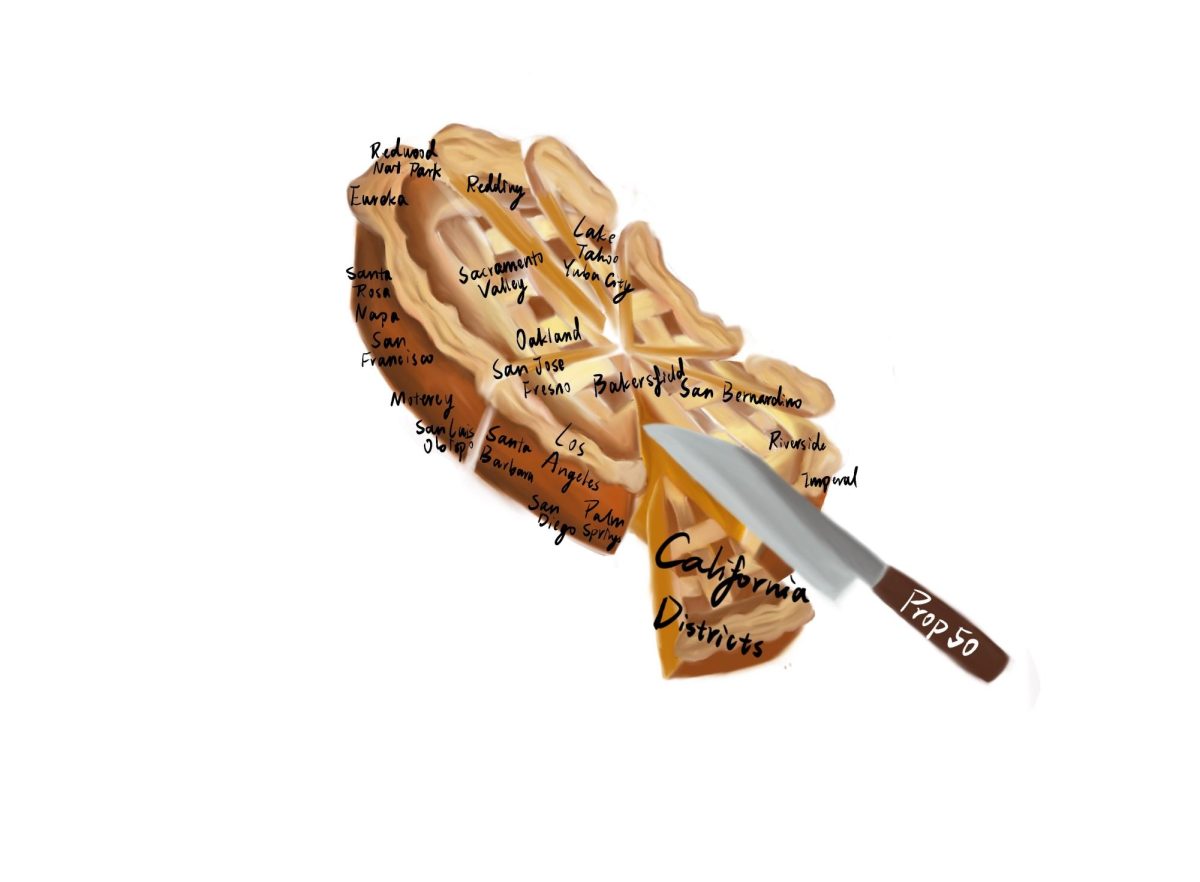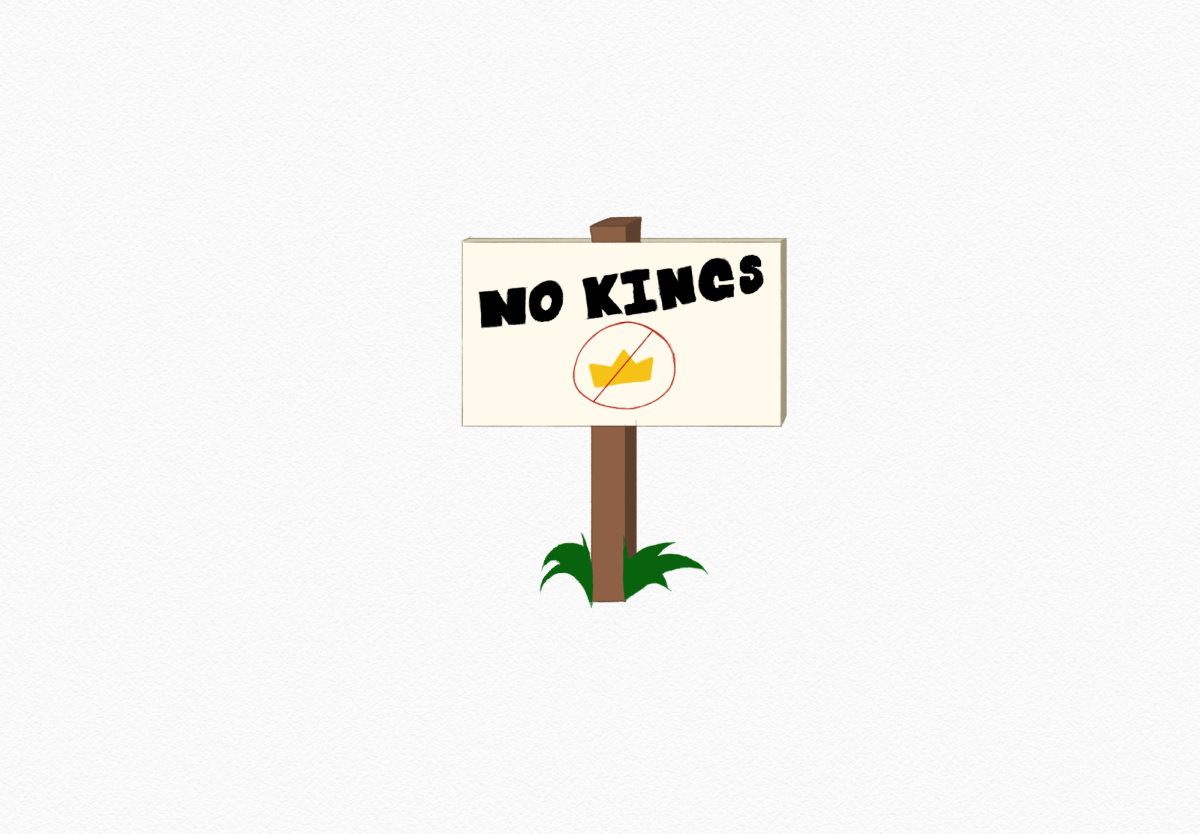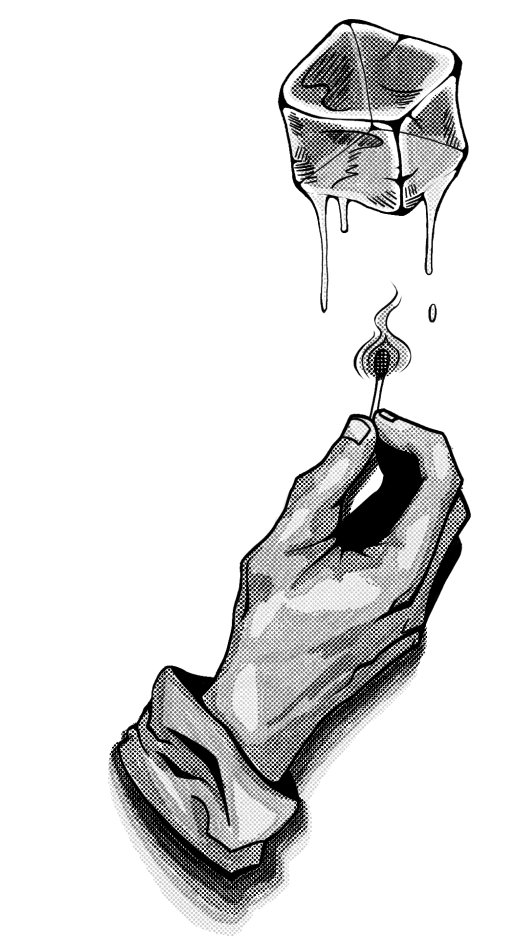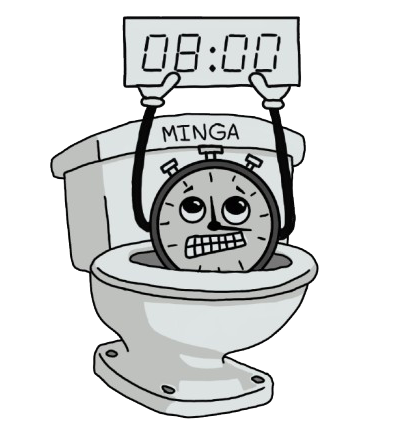
Two years ago: “Grab a pass!” Then, in early 2023, began “Hold on, I’ll write you a slip.” And now, ever since homeroom on December 4th, 2024, it is “Yup, just make a pass on your Minga.”
Over the past few years, the hall pass policy at CHS has changed drastically. Moving from teacher-selected old shoes and plastic cards from years prior (other notable passes being stuffed animals and plushies), to disposable individual yellow slips in early 2023, to the all-new digital Minga pass this year, teachers and students have had to adapt. Now, instead of teachers writing the slip, students create their own digital pass and grab a color-coded pass to indicate their quad. Teachers, such as biology teacher Eric Tucker, just have to give verbal approval.
“Honestly, I kind of like it better,” Tucker said. “If someone needs to go somewhere, I don’t have to interrupt my lesson and write the pass out, and the student is taking responsibility. Also, infectious disease supports this idea, since we shouldn’t be taking things to the bathroom and back without sanitizing them.”
Current substitute teacher Kermet Dixson, who was an English teacher at CHS from 1998 to 2017, has seen the policy evolve over the years.
“I had monthly laminated passes and had students sign in and out of the classroom,” Dixson said. “Each teacher is different. I hope teachers are consistent in using Minga.”
The new policy may seem unexpected. After all, after the administration’s search to quell vaping and drugs in the bathrooms by introducing individualized, single-use yellow slips, Minga does not seem much different. Indeed, some students believe that it is worse. Out of a poll conducted on the Wolfpacket instagram, 96% of the 25 respondees said they did not like Minga, while only 4% approved.
Although Minga’s red eight-minute timer seems stressful (“what if the bathroom is closed? What if I lose track of time?”), Assistant Principal of Discipline Ryan Easton was adamant about two things: one, that it did not indicate a zero-tolerance policy on bathroom use, and two, that the administration was not GPS tracking people. Rather, it would be a way for them to see what teachers should already have been noticing in their classrooms—if any support or intervention should be given for students missing class 15-20 minutes every day.
“What we want to do is provide support for students,” Easton said. “As a teacher, I had a discussion with a student about leaving class, and it came down to the fact that the student said, ‘I’m having a mental health crisis.’ These are the types of things that Minga would help us provide support for. If it was a one-time thing, we’d keep an eye on it, but probably never call you into the office.”
Along with noticing patterns on pass use, the administration is hoping that Minga will help reduce disruptions in class. While written passes could pause a lecture, the creation of the Minga pass is entirely on the students’ end. In fact, the idea for using Minga came when Easton was observing a teacher at El Roble—a student asked to go to the bathroom, and the teacher told them to make a pass on Minga.
“I’m like, ‘What was that?’ and they said, ‘That’s Minga. We use that here,’” Easton said. “That was last year, and so this year as an administrator, one of the things I wanted to start was using Minga here on campus.”
El Roble has already been using Minga for a year. So whereas Minga passes surprised seniors, juniors, and sophomores at CHS, current freshmen were already accustomed to it. Freshman Min Cho had no clue that the policy was even different.
“Wait, did we only start using Minga now?” Cho said. “How is CHS so behind?”
“We’re always open to student feedback,” Easton said. “We’re not going to be in 1984 and have a student lockdown. Maybe we’ll start thinking about a nurse pass, or an office pass, or maybe a library pass. We’ll see how the bathroom pass works and what doesn’t work.”
If all goes well, the transition to Minga will go smoothly, helping teachers reduce class interruptions and administration provide more support to everyone.



